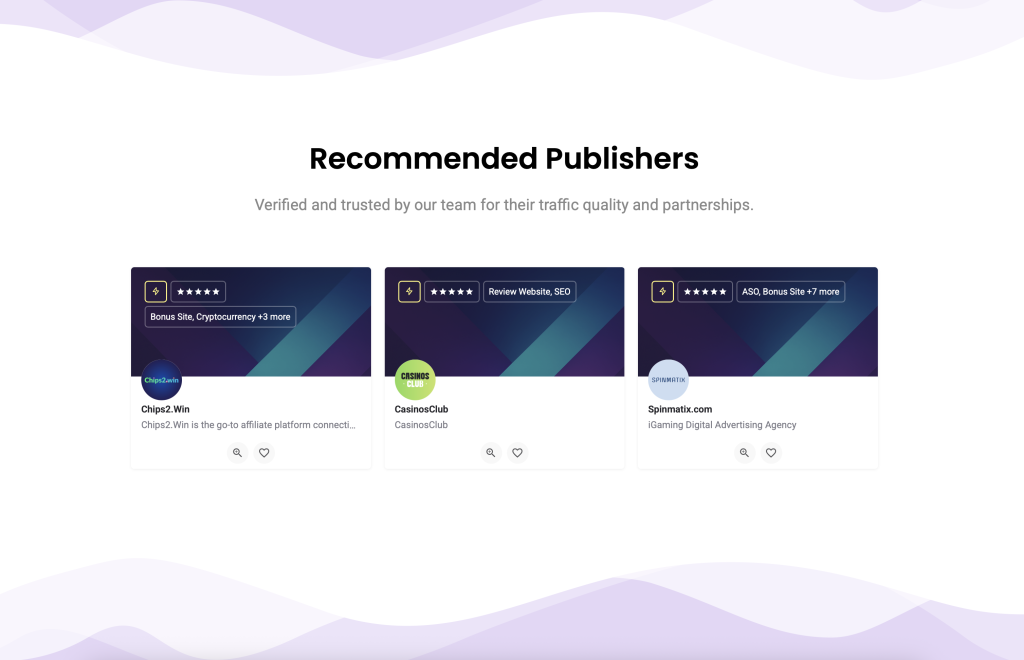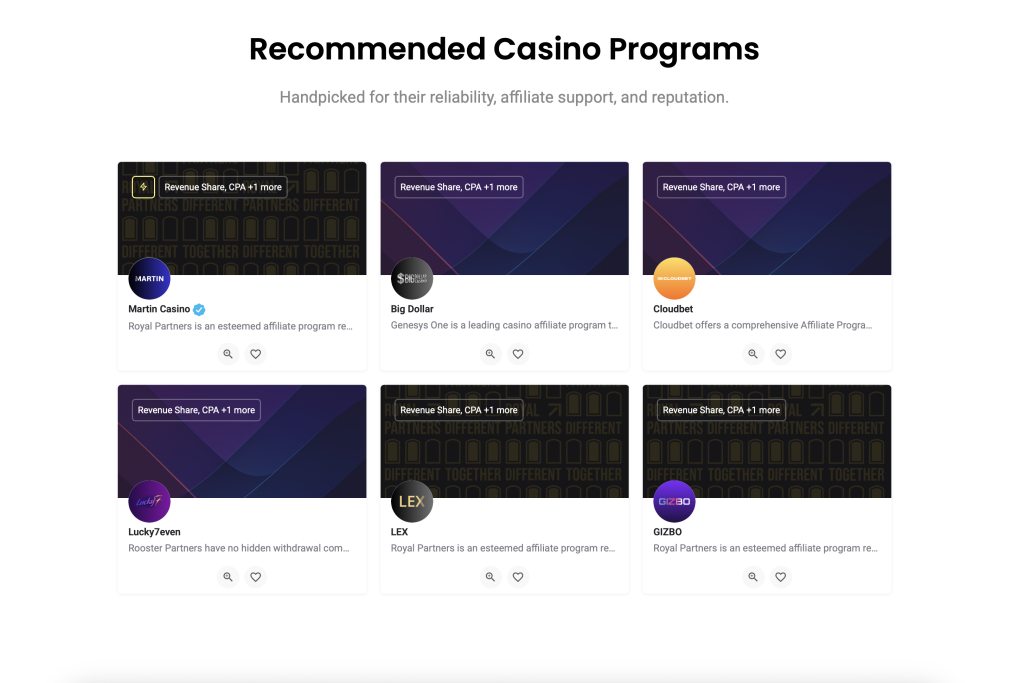Navigating iGaming Regulations: A Comprehensive Guide to License Requirements

Starting an iGaming business is an exciting endeavor, but it comes with a crucial requirement: obtaining the necessary licenses to operate legally and responsibly. Navigating the complex landscape of iGaming regulations is essential for ensuring your startup’s success and adherence to industry standards. This article serves as a comprehensive guide, offering insights into the license requirements and regulatory framework that new iGaming startups must navigate.
The Legal Landscape of iGaming
The iGaming industry operates within a framework of regulations designed to ensure fairness, security, and player protection. Understanding the legal landscape is essential for new startups.
Types of iGaming Licenses
Different jurisdictions offer various types of licenses, such as online casino licenses, sports betting licenses, and lottery licenses. Choosing the right license type depends on your startup’s focus and target market.
Jurisdiction Selection
Selecting the right jurisdiction for licensing is a critical decision. Factors to consider include the jurisdiction’s reputation, regulatory framework, tax implications, and accessibility to your target audience.
Application Process
The application process for an iGaming license is rigorous and thorough. It involves submitting detailed documentation, financial reports, business plans, and demonstrating the ability to adhere to regulations.
Compliance Requirements
Compliance is at the heart of iGaming regulations. New startups must develop processes and systems that adhere to anti-money laundering (AML) regulations, responsible gambling practices, and data protection laws.
Financial Stability and Transparency
Financial stability is a key consideration for licensing. Demonstrating adequate financial resources and transparency ensures that your startup can meet operational demands and financial obligations.
Player Protection Measures
Regulations demand robust player protection measures. New startups must implement self-exclusion tools, age verification procedures, and responsible gambling initiatives.
Security and Data Protection
Security is paramount in the iGaming industry. Implementing state-of-the-art cybersecurity measures and adhering to data protection regulations safeguard player information.
Corporate Social Responsibility
New iGaming startups are expected to contribute to corporate social responsibility efforts. This might involve supporting local communities, promoting responsible gambling, or participating in charitable initiatives.
Post-Licensing Obligations
Obtaining a license is just the beginning. License holders must meet ongoing obligations, including financial reporting, audits, and demonstrating continuous compliance with regulations.
Industry Reputation and Transparency
A startup’s reputation is built on transparency. Being open about your licensing status, regulatory compliance, and responsible practices enhances your credibility in the industry.
Embracing Industry Evolution
The iGaming industry is dynamic, with regulations evolving to address emerging trends. Staying updated with changes and adapting your startup’s operations accordingly is essential for long-term success.
Launching an iGaming startup is a thrilling journey, but it requires a deep understanding of regulatory requirements and a commitment to compliance. By delving into the intricacies of license requirements, adhering to industry regulations, and prioritizing player protection and responsible gambling practices, new startups can establish a solid foundation for success. The key lies in recognizing that adherence to regulations isn’t a hindrance but a strategic advantage, ensuring your startup’s credibility, sustainability, and contribution to the thriving landscape of the iGaming industry.
Comments
You must be logged in to leave a review.


